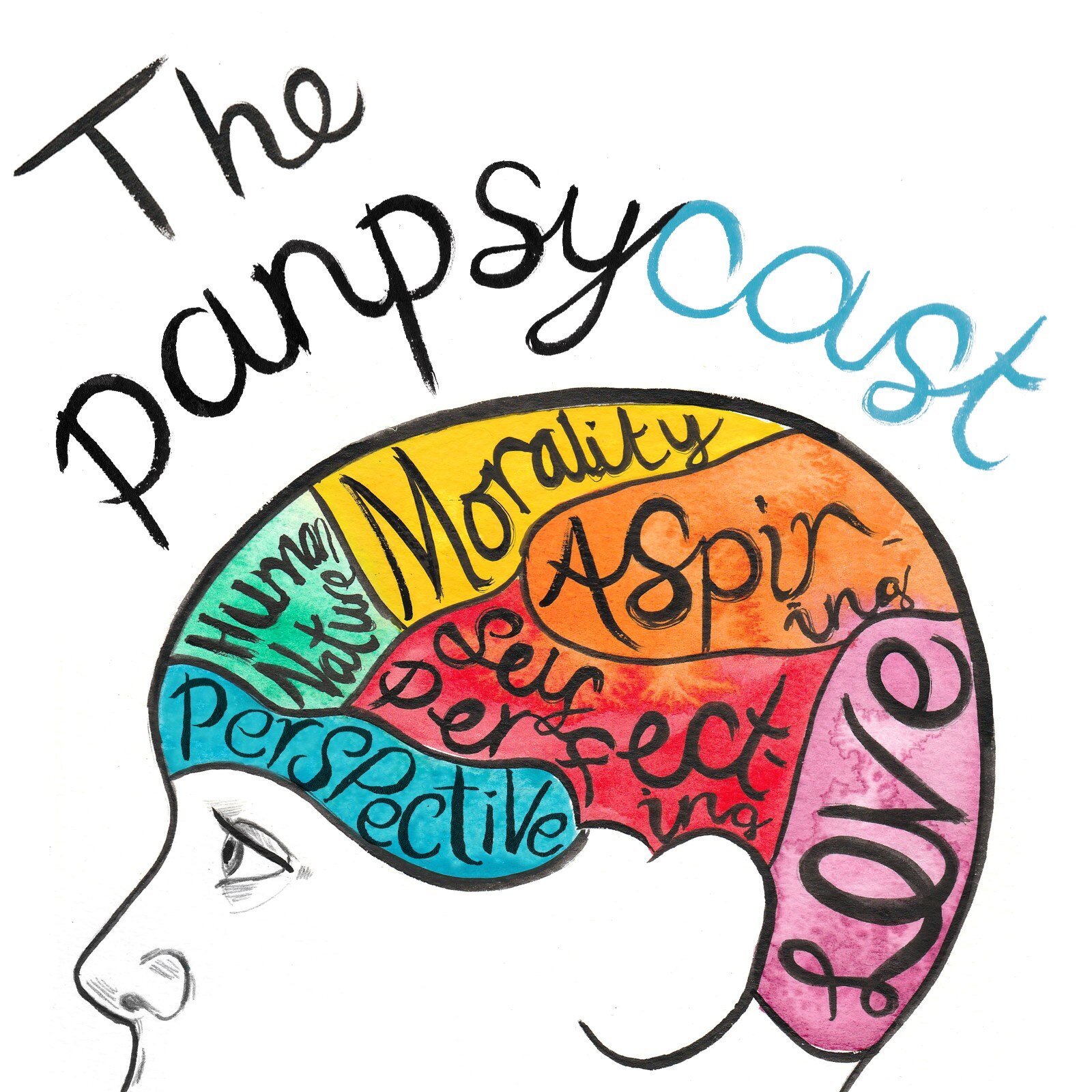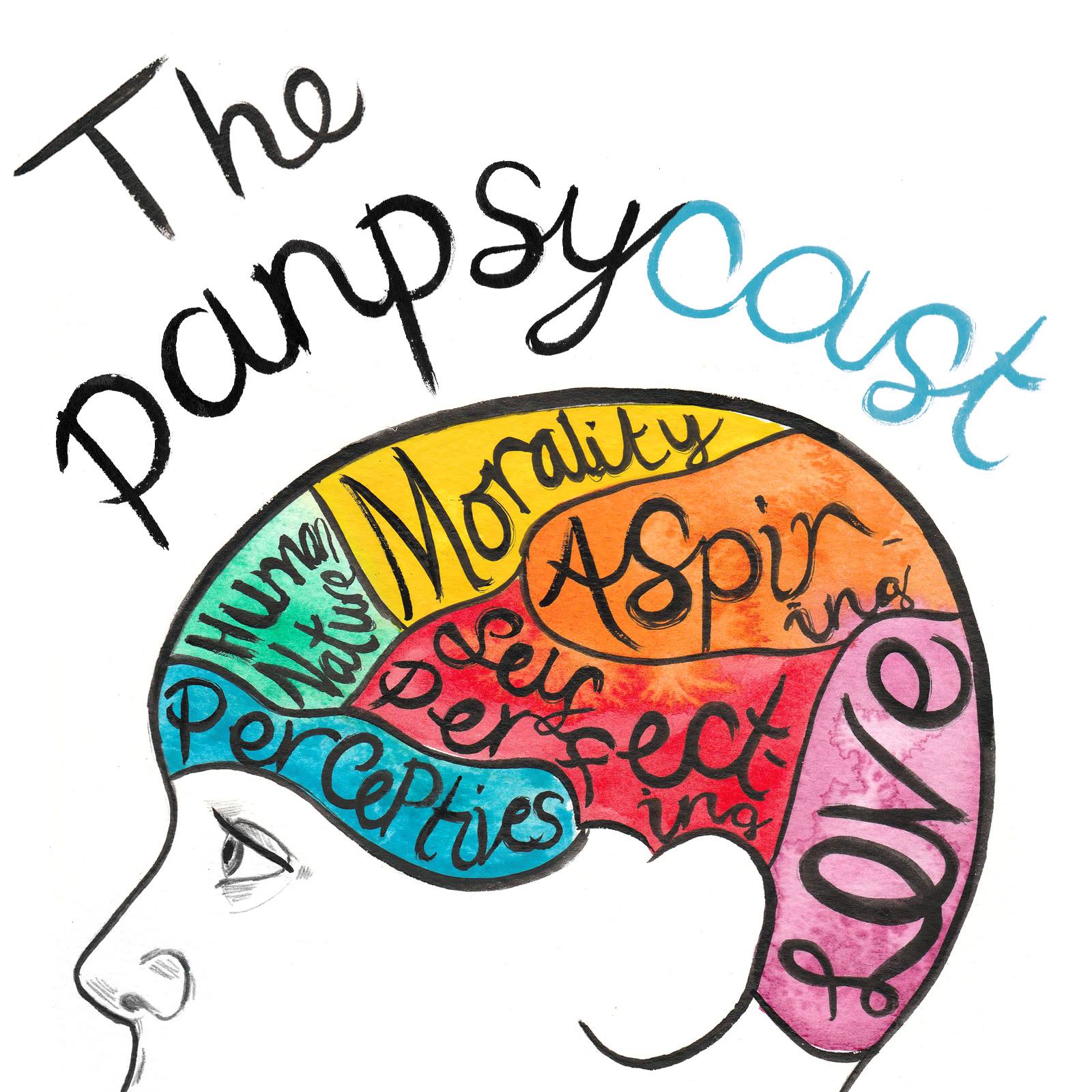Welcome to Episode 147 (Part II of II), where Tim and Asha continue their debate on the nature of God.
Across the world, belief in God continues to be widespread and, among philosophers, has long been considered one solution to the problems of the world’s origin, fine-tuned nature, and purpose. However, in the West, very few people have considered alternative concepts of God credible. That, though, may be beginning to change. One such alternative – pantheism – tells us that the universe and God are one and the same thing. It challenges conventional ideas about divine agency and the coherence of traditional theism, and invites us to reconsider what we mean when we speak of ‘God’.
To explore God’s nature, in this special episode, I’ll be joined by two guests: Tim Mawson and Asha Lancaster-Thomas. Dr Mawson is Edgar Jones Fellow and Tutor in Philosophy at St Peter’s College, University of Oxford. He has published five books and over fifty papers in the philosophy of religion. Dr Lancaster-Thomas is Teacher of Philosophy at Atlanta Classical Academy, USA, and has published widely on the philosophy of religion – most recently exploring alternative concepts of God, including the one we’ll be debating today.
Tim Mawson will be arguing in favour of traditional theism – the view that God and the world are not identical. Asha Lancaster-Thomas will be defending pantheism – the view that they are. What are the implications of identifying God with the universe? Can such a view still provide the kind of moral and metaphysical grounding traditionally associated with belief in a transcendent creator? Or – by dragging God down from the heaven’s – do we diminish the divine and its explanatory power?
The file size is large, please be patient whilst the podcast buffers/downloads/realises its divinityThis episode is generously supported by The John Templeton Foundation, through The Panpsychism and Pan(en)theism Project (62683).


